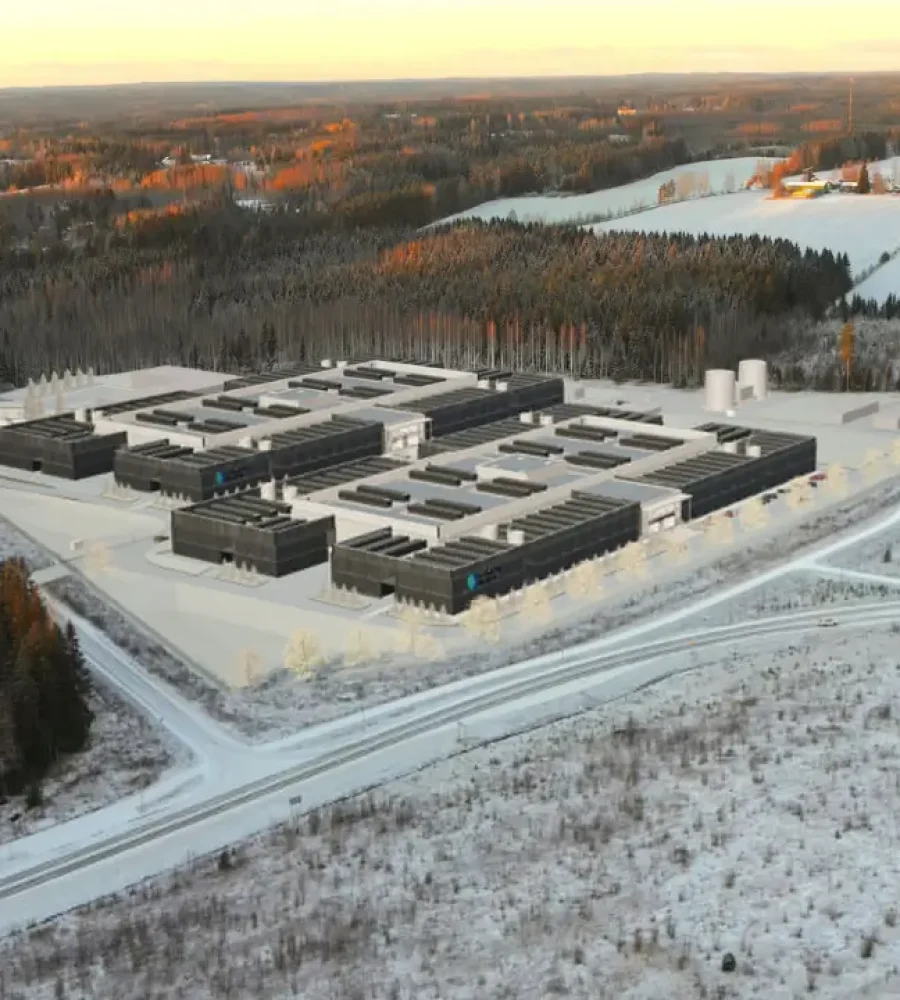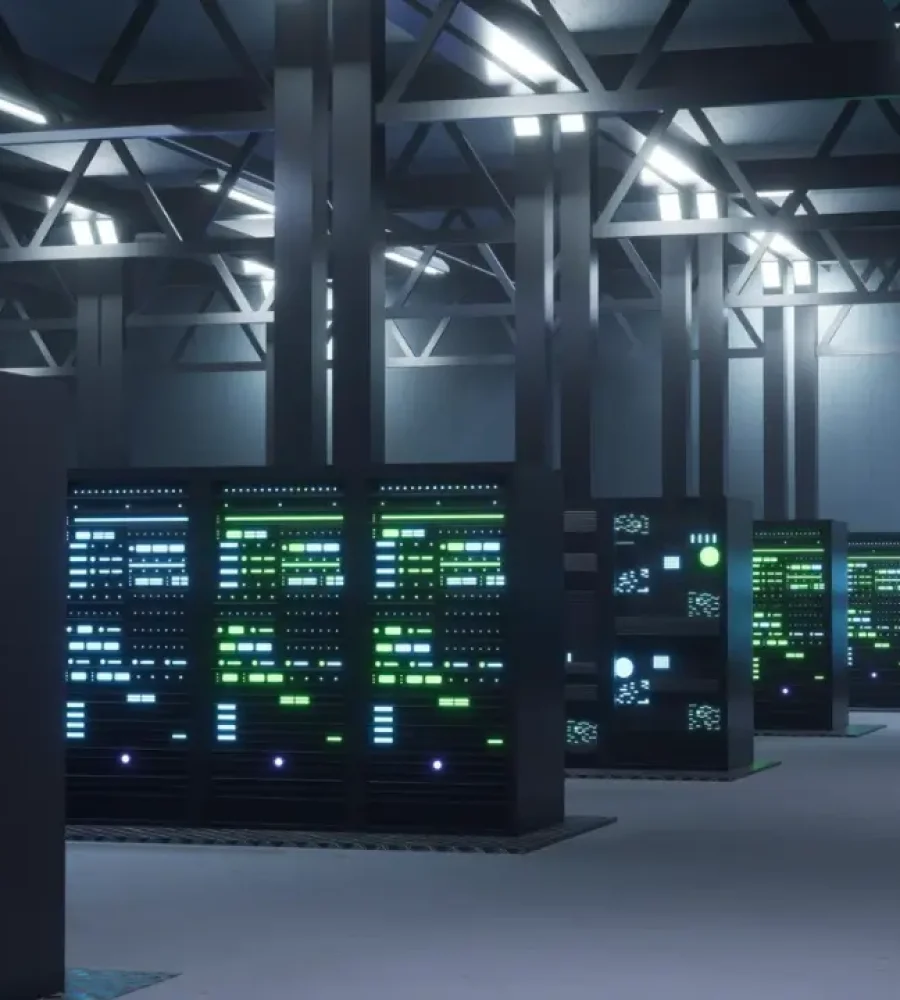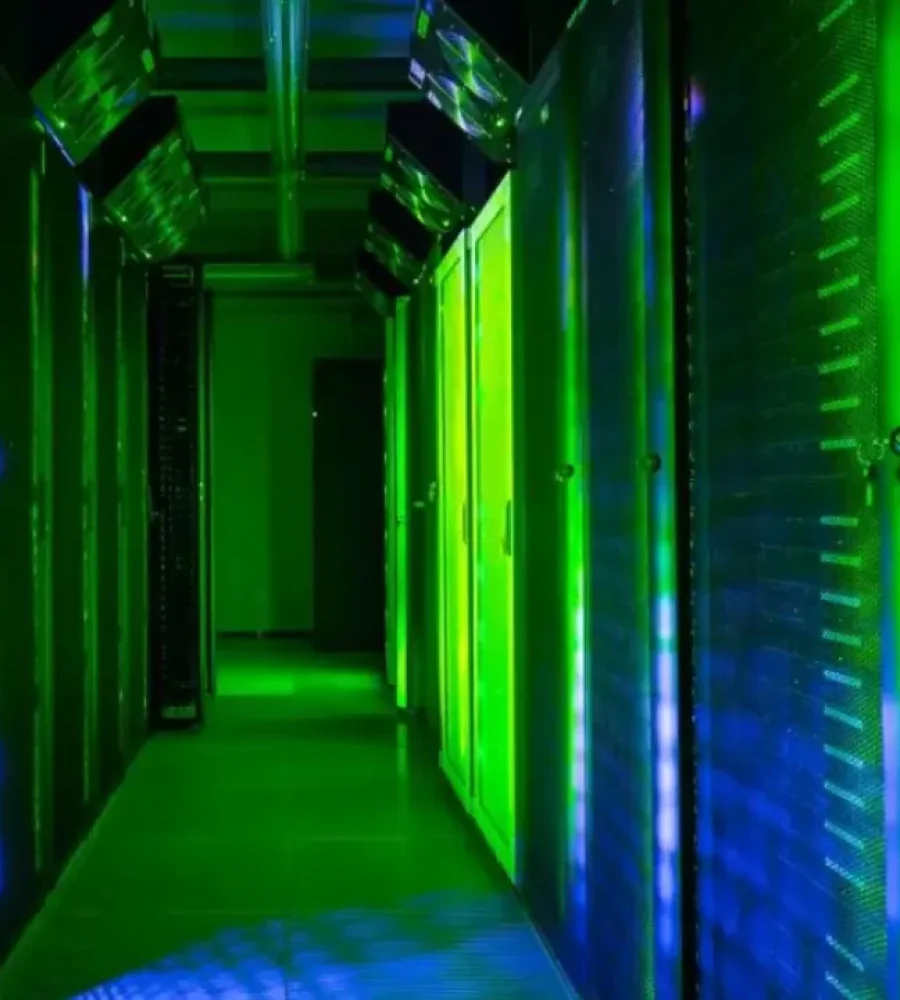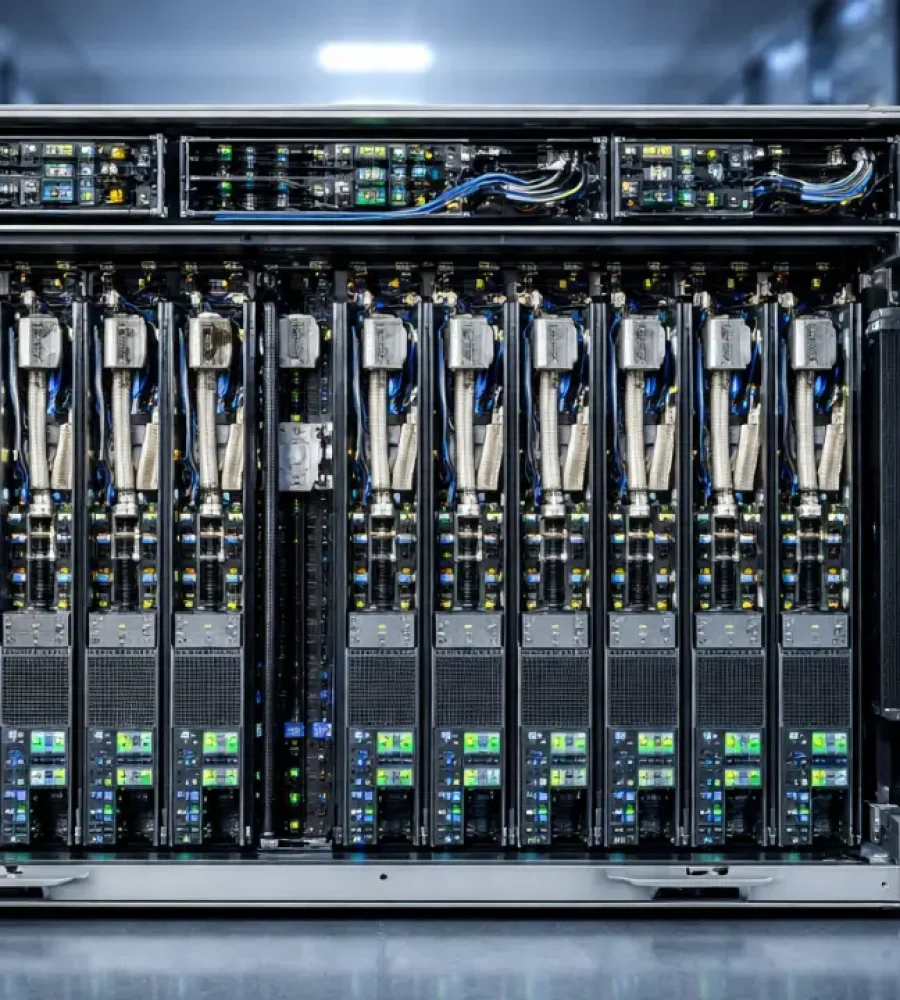Every major AI breakthrough today confronts the same bottleneck: a shortage of advanced infrastructure capable of supporting the scale and performance modern models demand. The newly announced collaboration between OpenAI and Foxconn signals a growing acknowledgment that long-term leadership in artificial intelligence will hinge on control of physical manufacturing capacity and resilient supply chains built on American soil.
The Stakes Behind the Partnership
Under the agreement, OpenAI will work with Foxconn, one of the world’s largest electronics manufacturers, to design and prepare U.S. production for next-generation AI data-center hardware. While the deal carries no immediate purchase commitments, OpenAI will gain early access to evaluate the systems and retain the option to buy them once ready.
At a time when AI demand is accelerating faster than global production can support, this partnership reflects strategic intent: reindustrialize the U.S. compute ecosystem, reduce dependence on overseas manufacturing, and expand domestic capacity for high-performance AI infrastructure.
This effort will focus on:
- Co-designing multiple generations of AI data-center racks to keep pace with rapidly evolving model requirements.
- Strengthening and simplifying the U.S. AI supply chain, broadening domestic sourcing and assembly, and improving deployment reliability.
- Manufacturing critical AI components in the U.S., including networking, cooling, power systems, and cabling.
For Washington, this is more than an industrial initiative, it is a geopolitical hedge. Control of compute capacity now shapes national competitiveness, economic resilience, and security strategy. As CEOs Sam Altman and Young Liu both underscored, the collaboration represents a generational opportunity to rebuild American industrial strength while extending U.S. leadership in artificial intelligence.
The message to global markets is clear: AI supremacy will be defined by who controls hardware at scale, not just who trains the most sophisticated models. Nations that fail to secure local manufacturing may find themselves constrained by external choke points, as seen across the semiconductor industry during recent supply disruptions.










